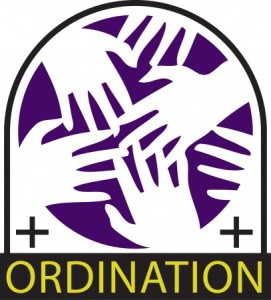Dear Brothers and Sisters,
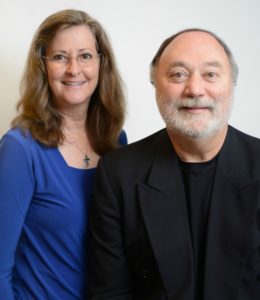
It seems there is always someone claiming to be a prophet or trying to calculate the date of Jesus’ return. I recently saw a rabbi attempting to tie the predictions of Nostradamus to the Torah, and another fellow predicting that Jesus will return on Pentecost 2019. Many prophecy buffs try to fit current news events into Bible prophecy. Though both Herbert Armstrong and Karl Barth advocated “holding the newspaper in one hand while reading the Bible in the other,” they had very different things in mind.
Armstrong was promoting a premillennial-dispensational, futurist approach to prophecy (one still followed by many) and Barth was urging people to stay firmly grounded in Scripture while seeking to understand the ever-changing modern world. “Take your Bible and take your newspaper and read both,” said Barth, “but interpret newspapers from your Bible.” Barth had it right—he understood that staying firmly grounded in Scripture enables us to, 1) understand the core message of the Bible (including its prophetic passages) and, 2) navigate our way through life within a culture that constantly challenges Scripture. We can confidently follow Barth’s advice knowing that the Bible is reliable. That God has given us reliable copies of Scripture was affirmed in the discovery (beginning in 1946) of the Dead Sea Scrolls. Old Testament fragments in those ancient scrolls agree 98% of the time with the texts of Scripture passed down to us.
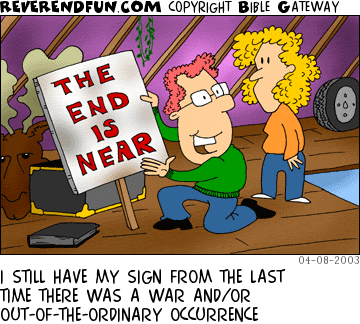
The purpose of Scripture
Jesus taught that the purpose of Scripture is to reveal God—his character, purpose and nature. The Bible fulfills that purpose by pointing to Jesus who is the full and final revelation of God. A Christ-centered reading of Scripture helps us to stay true to that purpose, and helps us avoid misinterpreting prophecy.
Jesus teaches that he is the Living Center of the whole of biblical revelation and that we ought to interpret all Scripture (prophecy included) out of that center. Jesus scathingly criticized the Pharisees for failing on this point. Though they looked to Scripture for eternal life, they failed to recognize Jesus as the source of that life (John 5:36-47). Ironically, their pre-understanding of Holy Scripture blinded them to the fulfillment of Scripture. Jesus showed how to rightly interpret the Bible by showing how all Scripture points to him as its fulfillment (Luke 24:25-27; 44-47). The testimony of the apostles in the New Testament affirms this Christ-centered interpretive method.
As the perfect image of the invisible God (Col. 1:15), Jesus reveals God’s nature through his interaction with humanity. This is good to bear in mind when reading the Old Testament. It’s especially relevant in keeping us away from things like trying to apply the story of Daniel in the lion’s den to a current situation in our world, say a vote for political office. The prophecies of Daniel are not given to tell us who to vote for. Rather, the book of Daniel shares a story about a man being blessed for his faithfulness to God. In that way, Daniel points to the faithful God who is always for us.
But is the Bible relevant?
Many people question the idea that a book as ancient as the Bible can be relevant today. After all, the Bible says nothing about such modern things as cloning, modern medicine, and space travel. Modern science and technology raise questions and conundrums that did not exist in Bible times. Nevertheless, the Bible is highly relevant in our day because it reminds us that our technological advances have not changed the human condition, nor have they changed God’s good purpose and plans for humankind.
The Bible enables us to understand our role in God’s plan, including the coming fulness of his kingdom. Scripture helps us recognize the purpose and meaning of our lives. It teaches us that, rather than ending in nothingness, our lives are headed toward a great reunion where we’ll meet Jesus face-to-face. The Bible reveals to us that there is meaning to life—we have been created to be in union and communion with our triune God. The Bible also provides a guide to equip us for this abundant life (2 Tim. 3:16-17). It does so by continually pointing us to Jesus, the one who gives us abundant life by connecting us to the Father (John 5:39) and by sending us his Spirit.
Yes, the Bible is reliable, with a distinctive, highly-relevant purpose. Nevertheless, many people dismiss it. Back in the 1700s, French philosopher Voltaire predicted that in 100 years the Bible would pass into the mists of history. Well, he was wrong. The Guinness World Records states that the Bible is the best-selling book of all time. Over 5 billion copies have been sold and distributed to date. It’s both humorous and ironic that Voltaire’s home in Geneva, Switzerland, was purchased by the Geneva Bible Society and became a Bible distribution center. So much for predictions!
The purpose of prophecy
Contrary to the view of some, the purpose of Bible prophecy is not to help us predict the future, but to help us know Jesus, the Lord of all history. Prophecy prepares the way for Jesus and points to him. Note what the apostle Peter wrote concerning the calling given to prophets:
Concerning this salvation [described in the previous seven verses], the prophets, who spoke of the grace that was to come to you, searched intently and with the greatest care, trying to find out the time and circumstances to which the Spirit of Christ in them was pointing when he predicted the sufferings of Christ and the glories that would follow. It was revealed to them that they were not serving themselves but you, when they spoke of the things that have now been told you by those who have preached the gospel to you by the Holy Spirit sent from heaven…. (1 Pet. 1:10-12a)
Peter says that the Spirit of Christ (the Holy Spirit) is the source of prophecy, and that the purpose of prophecy is to predict the life, death and resurrection of Jesus. He implies that when you’ve heard the message of the gospel, you’ve heard all you need to know about prophecy. The apostle John made a similar point in writing this: “Worship God! For it is the Spirit of prophecy who bears testimony to Jesus” (Rev. 19:10b).
Scripture is clear: Jesus is the purpose of prophecy. Bible prophecy tells us who Jesus is, what he has done, and what he will yet do. Our focus in GCI is on Jesus (and the life he gives us in communion with God) not on geo-political alliances, trade wars or whether someone predicted something in a timely manner. It is a great comfort to know that Jesus is both the foundation and the completion of our faith. Our Lord is the same yesterday, today and forever.
Loving Jesus our Savior, the focus of all prophecy,
Joseph Tkach
PS: GCI Update will be published next on September 12. Look for GCI Equipper on September 5. For those of you in the U.S., I wish you a relaxing Labor Day holiday on September 3.

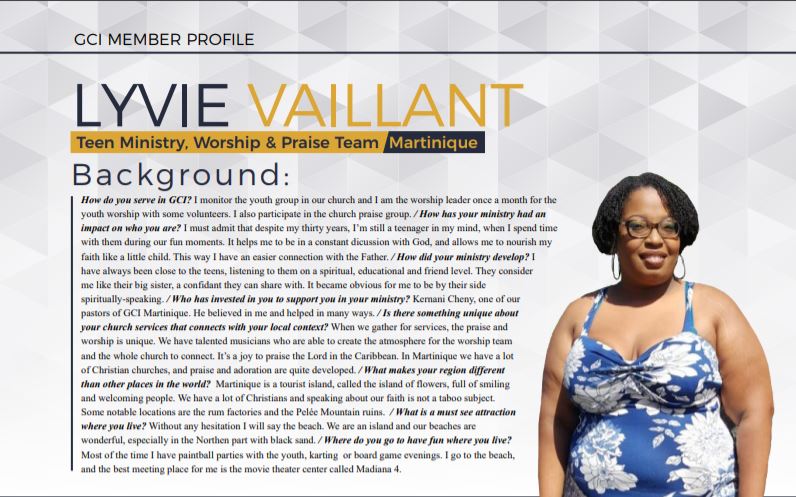
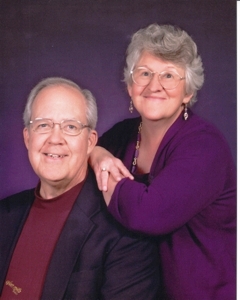
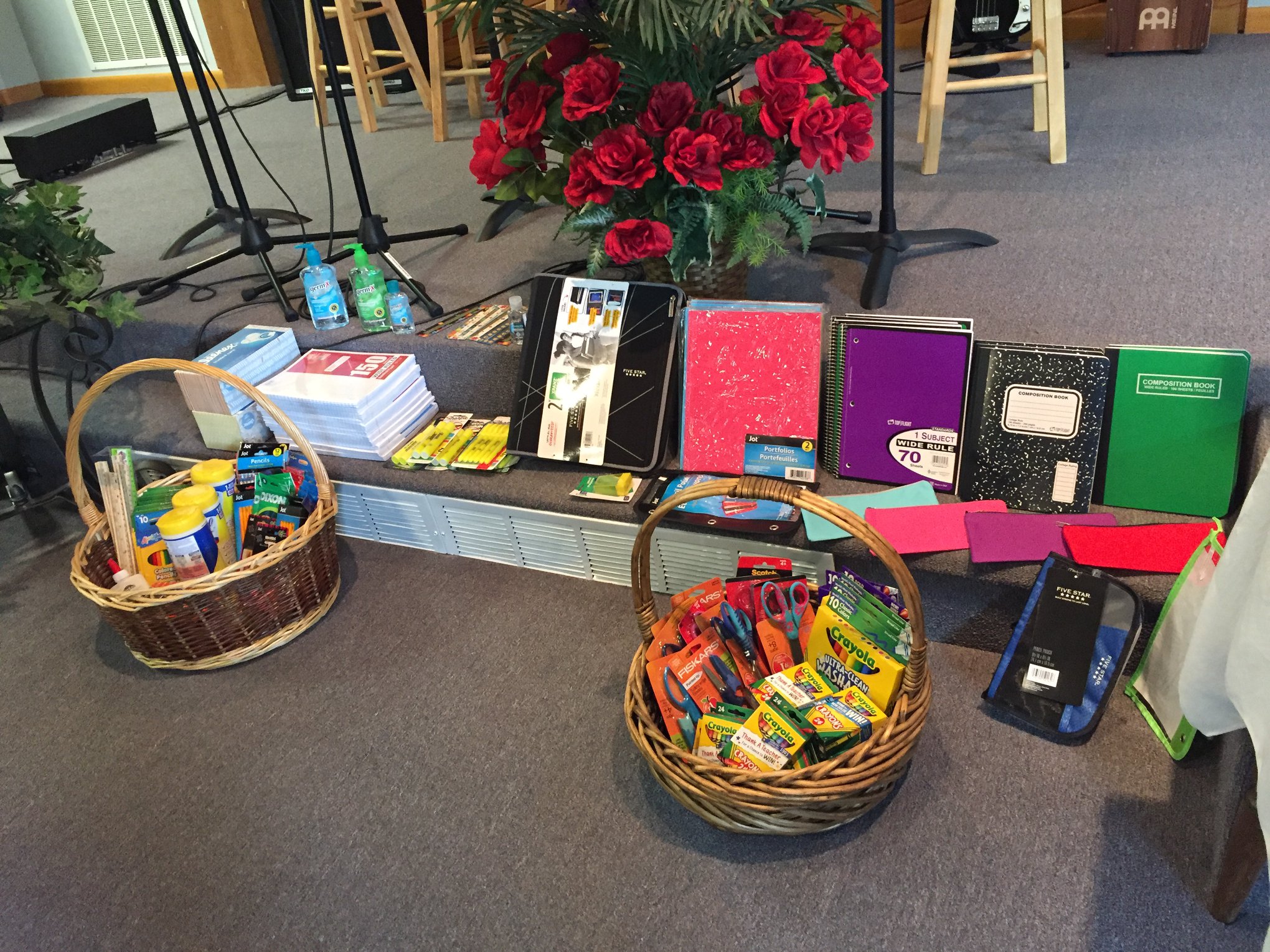
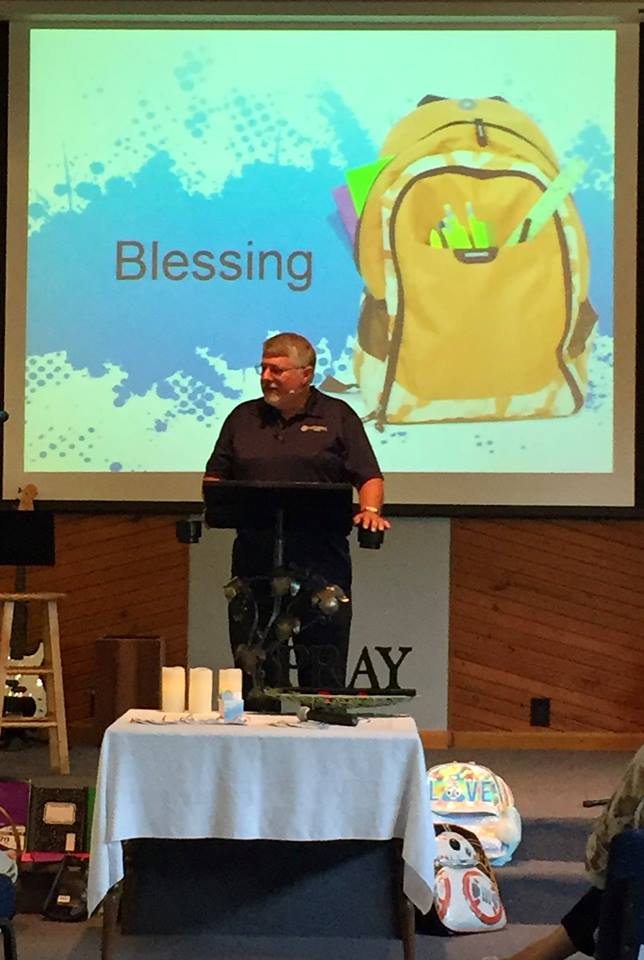

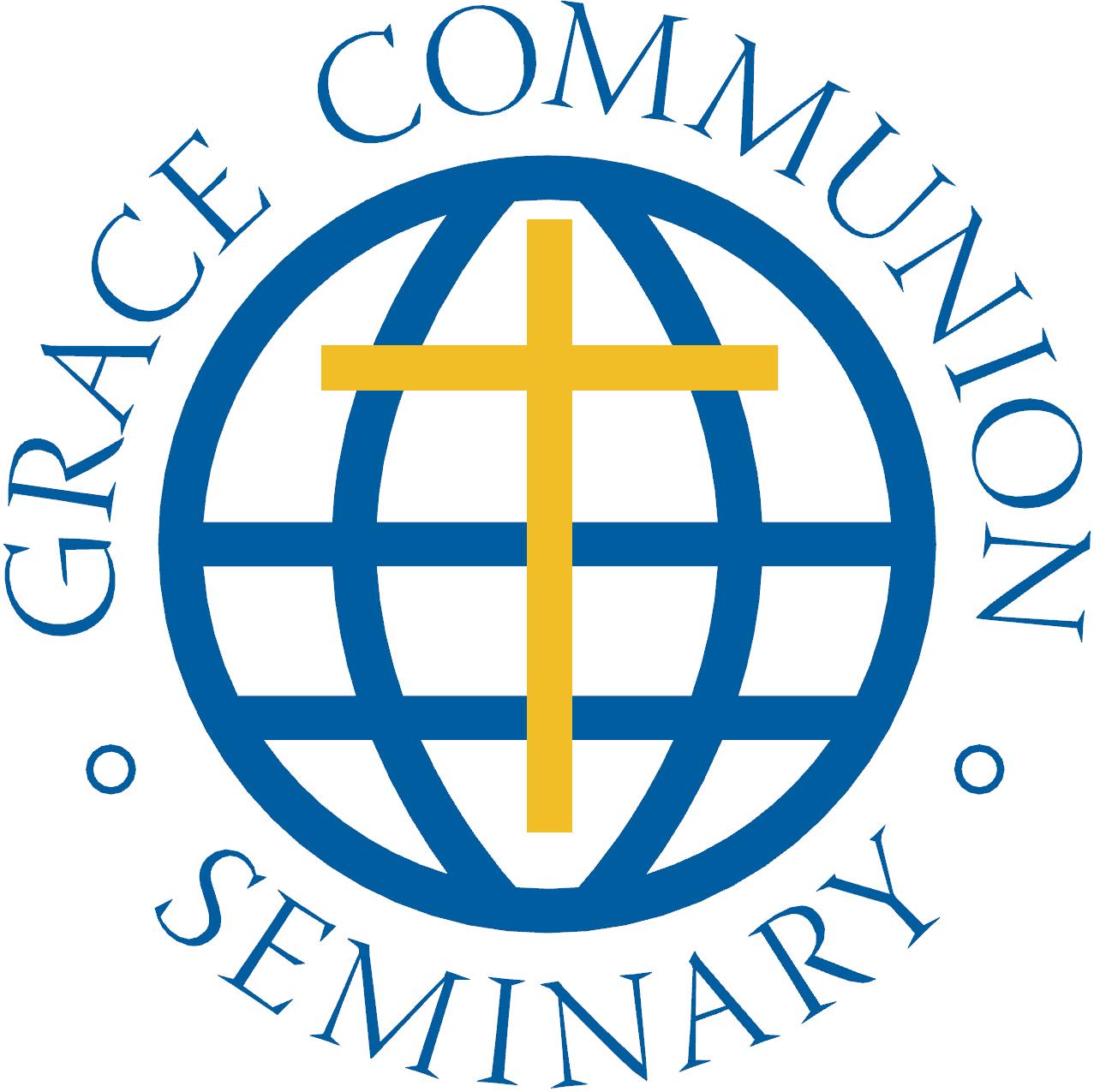 BI501 Hermeneutics (Mike Morrison)
BI501 Hermeneutics (Mike Morrison)